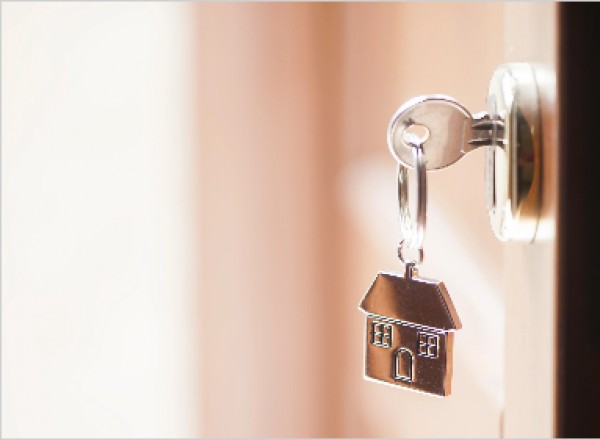
As a first-time buyer, purchasing a home is one of the biggest financial commitments you will make, so it pays to be clued up on all details of your buying journey and sticking to a budget.
While recent buyer-friendly initiatives like the stamp duty holiday and low-interest rates have made the process slightly easier, 23% of housing transactions this year have still been backed by the Bank of Mum and Dad (BoMaD), according to a study by Legal & General and Cebr.
The report revealed that 24% of borrowers are now more reliant on money from family and friends than they were before the pandemic and anticipates that BoMaD will still be involved in 175,000 housing transactions within an estimated transaction value of £50.3 billion in 2020.
Some 65% of young buyers who had recently bought a home through BoMaD said it was unlikely they could have done so without help, while one in five expected they would have had to delay their purchase by more than five years without the assistance.
Interestingly, the virus has encouraged BoMaD lenders to be even more generous than usual, with family members and friends lending an average of £20,000 towards deposits and 15% now planning to give more than they would have done before the pandemic. Homebuyers in London are set to receive the most, with the average ‘loan’ being £25,800.
Of course, it’s still incredibly vital that first-time buyers are aware of the costs involved in moving home. Below, we outline the most important financial considerations.
Pre-move costs
When sorting your mortgage, consider booking and arrangement fees. These can vary in price depending on your circumstances and what housing plan you are on, but it’s advisable to pay upfront to avoid paying interest as time goes on.
Your mortgage plan usually includes a mortgage valuation, with the cost depending on the price of the property (typically between £150-£1,500). Once the valuation goes through, it’s best to get a private building surveyor to thoroughly inspect the home you are buying, as they will be able to identify any possible repairs or maintenance.
Paying a deposit will also add to your budget. On average, you will need to pay between 5% and 20% of the full price. The higher the deposit you put down, the more secure your mortgage will be, and the lower your interest rate.
Stamp duty is another major consideration. This government tax is usually applied on houses worth more than £125,000, with the rate charged depending on what price your house is valued at. However, as of July 8, the stamp duty threshold has been increased to £500,000 until March 31 2021 to mitigate the effects of the coronavirus crisis.
Try to get on top of legal fees (typically between £185-£1,500) and the electronic transfer fee, which will only set you back by £40-£50 but is useful for covering the lender’s cost of transferring the mortgage money to the solicitor.
In addition, look around for different quotes on a reliable removals firm. On average, they charge £50-£60 per hour for two removers and a van. For long distance moves, though, you may be charged a fixed price depending on the location and type of home, which could be anywhere between £450 and £1,000.
Post-move costs
Even after you’ve relocated, you’re not out of the woods yet. The average bill for maintenance and repairs, for instance, sits at around £5,700, but hiring a surveyor beforehand can hopefully curb such large costs.
Insurance costs are crucial for the lender to protect your new home against damage from fire, floods, subsidence etc. Contents insurance is useful for safeguarding your possessions, while life insurance would help to pay off your mortgage should you pass before repaying the entire amount.
Be sure to enquire about your council tax, too. This varies from location to location and is calculated on where you live and what council tax band your property falls under. If you’re living alone, you may be entitled to a discount.
Remember to include allowances for the running costs of your home: TV, broadband, phone, gas, electricity, food and water bills will probably take a chunk out of your budget, as well as new furniture.
Lastly, Royal Mail’s Redirection service is a reliable way to continue receiving mail when you move home. This service is available for 1, 3, 6 or 12-month periods and can be redirected to any UK or overseas address.
The moving process could be troublesome without a strict budget, so ensuring you have the financial means to cover everything is key. Keeping the above things in mind should help you to break down all costs and, in turn, minimise stress.
Here at Kings Group, our offices are back in operation from 9am to 6pm as we continue to adhere to our Covid-19 policy. For more information on how we can assist you on your buying journey, please contact one of our branches today.
If you wish to sell before you buy, we also offer a free and instant online valuation to give you an idea of how much your home could be worth on the current market.
